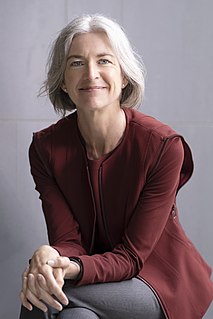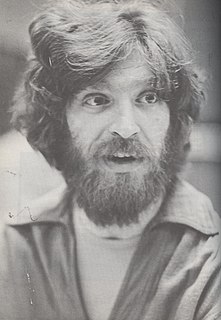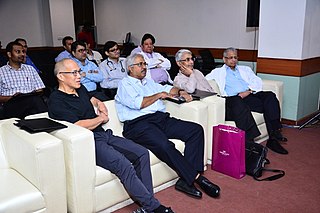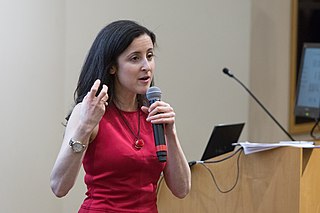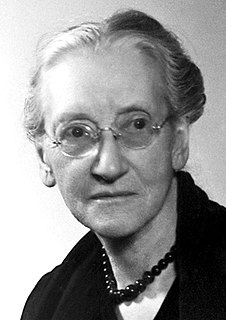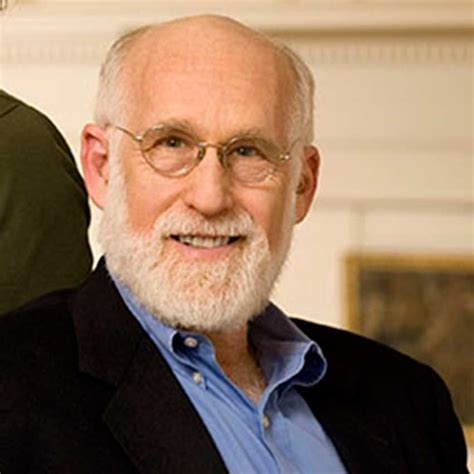A Quote by John Gurdon
If you explain to a patient what can be done and what might be the downsides, let the patient choose; don't have ethicists, priests, or doctors say you may or may not have replacement cells.
Related Quotes
One can envisage taking cells from a patient with sickle-cell anaemia or an inherited blood disorder and using the Cas9 system to fix the underlying genetic cause of the disease by putting those cells back into the patient and allowing them to make copies of themselves to support the patient's blood.
Dearest Lord, may I see you today and every day in the person of your sick, and, whilst nursing them, minister unto you. Though you hide yourself behind the unattractive disguise of the irritable, the exacting, the unreasonable, may I still recognize you, and say: "Jesus, my patient, how sweet it is to serve you.
The freedom of patient speech is necessary if the doctor is to get clues about the medical enigma before him. If the patient is inhibited, or cut off prematurely, or constrained into one path of discussion, then the doctor may not be told something vital. Observers have noted that, on average, physicians interrupt patients within eighteen seconds of when they begin telling their story.

